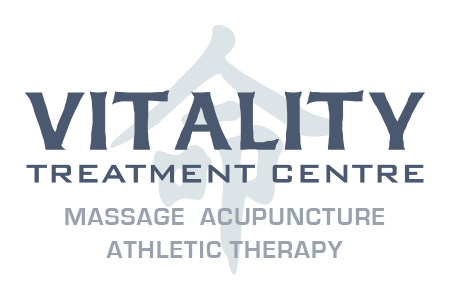a vital part of your health care
TMJ Dysfunction, Jaw and Headache Pain & how Neuromulscular Dentistry Can Help
Tired of Chronic Headaches? Do you get headaches often or for no apparent reason? Have you ever discussed your headaches with your dentist? Did you know that 80-90% of headaches are related to muscle tension and that the muscles in your forehead are related to your bite? Many headaches are the result of dental problems that can be corrected. If you experience migraines, pain behind your eyes, jaw pain, jaw muscle pain or common headaches, it may be dentally related.
Headaches are perhaps the most common reason for physician visits. Interestingly, they are also the #1 complaint of TMJ sufferers, yet patients seldom think of consulting a dentist about headaches. Malocclusion (a bad bite) can lead to excessive tension in the muscles controlling the jaw, which in turn can cause head and neck pain. Many people seek treatment from a physiotherapist, chiropractor, acupuncturist, massage therapist, or even a neurologist but are unable to relieve their symptoms, but seeking treatment from a neuromuscular dentist may be the answer to your headaches.
In addition to headaches, other symptoms of an improper bite can include clicking or popping of the jaw joint, ear pain or congestion, ringing in the ears, tingling in the finger tips, limited mouth opening, clenching or grinding of the teeth, postural problems, and excessive snoring or sleep apnea.
The field of Neuromuscular Dentistry now allows the specially trained and equipped neuromuscular dentist to determine whether or not imperfections in the bite are the source of these headaches and other symptoms. The dentist will use a device, called a myomonitor, to deliver gentle electrical stimulation to your muscles to help them reach a relaxed state. The neuromuscular dentist will then compare your usual bite with the relaxed jaw position to evaluate whether your bite should be changed. Depending on the findings, certain steps will then be taken to temporarily or permanently change your bite to the more relaxed position.
Even if it seems you've tried everything to get rid of your headaches, you might yet find relief. For more information contact:
Dr. Chélise Kasun or Dr.
Sean Filan
Academy Dental
111 – 3960 Quadra Street
250.727.3552
